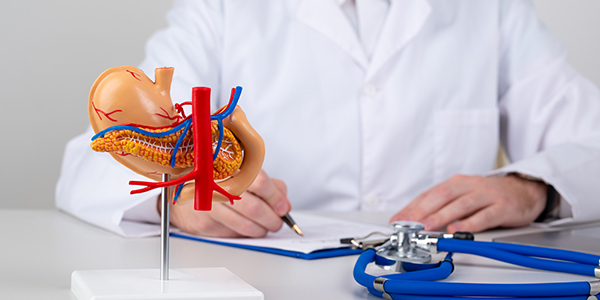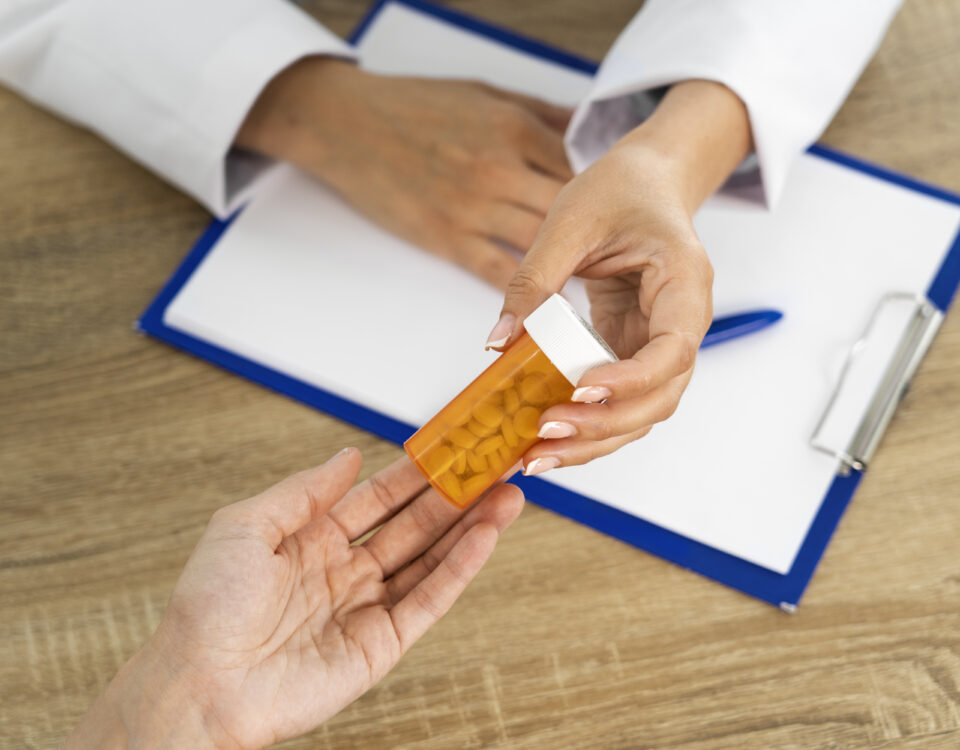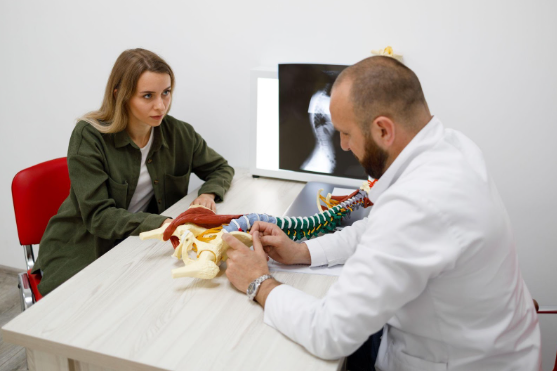
4 Questions to Ask Your Hemorrhoid Doctor New York City, NY
June 15, 2023
acid reflux
June 16, 2023Consider these five essential questions to pose to your gastroenterologist
When it comes to managing your digestive health, consulting a gastroenterologist is essential. Whether you're seeking treatment for a specific gastrointestinal condition or just looking to maintain optimal digestive well-being, asking the right questions during your appointment can provide you with valuable insights and help you make informed decisions about your health. Here are five important questions to ask your gastroenterologist:

What is the Underlying Cause of My Symptoms?:
If you're experiencing digestive symptoms such as abdominal pain, bloating, diarrhea, or constipation, it's crucial to understand the root cause. Ask your gastroenterologist to provide a clear explanation of the potential underlying conditions that could be contributing to your symptoms. Gaining insight into the cause of your discomfort will enable you to better comprehend your diagnosis and treatment options.
What Are My Treatment Options?:
Once you've received a diagnosis, inquire about the available treatment options. Your gastroenterologist should outline both conservative and medical interventions that can address your specific condition. This may involve lifestyle changes, dietary modifications, medications, or procedural interventions. Understanding the range of treatments available will empower you to collaborate with your doctor in selecting the most suitable approach for your needs.
- If you're diagnosed with conditions like colorectal cancer or gastrointestinal bleeding, procedures like Colonoscopy or Upper Endoscopy may be recommended for diagnosis and treatment.
- For chronic conditions like Crohn’s or ulcerative colitis, In-Office Infusion therapies might be part of your treatment plan.
- If weight is a factor in managing your digestive health, consider our Weight Management Program.
Are There Any Potential Complications or Risks?:
Before undergoing any medical treatment or procedure, it's important to be aware of potential complications or risks. Ask your gastroenterologist about the risks associated with recommended interventions, including medications, endoscopic procedures, or surgeries. Gaining a comprehensive understanding of the potential drawbacks will help you make an informed decision about your care.
What Can I Do to Prevent Future Digestive Issues?:
Prevention is often key to maintaining digestive health. Ask your gastroenterologist about strategies to prevent the recurrence of your current condition or to minimize the risk of developing other gastrointestinal issues in the future. Lifestyle adjustments, dietary guidelines, and habits that promote digestive well-being can be discussed during this conversation.
What Role Does Nutrition Play in My Condition?:
Nutrition plays a crucial role in managing many gastrointestinal conditions. Inquire about how your diet may be affecting your current condition and what dietary changes you can make to alleviate symptoms. Your gastroenterologist can provide guidance on foods to avoid or include in your diet to support your digestive health.
Frequently Asked Questions (FAQs)
When should I see a gastroenterologist?
You should consider seeing a gastroenterologist if you experience persistent digestive symptoms such as abdominal pain, bloating, changes in bowel habits, or if you have a family history of gastrointestinal diseases.
What conditions do gastroenterologists treat?
Gastroenterologists diagnose and treat a wide range of conditions including gastroesophageal reflux disease (GERD), irritable bowel syndrome (IBS), Crohn's disease, ulcerative colitis, and more.
What is an endoscopy, and why might I need one?
An endoscopy is a procedure that uses a thin, flexible tube with a camera to examine the digestive tract. It's used to diagnose and sometimes treat conditions such as ulcers, inflammation, and polyps.
What is a colonoscopy, and when should I have one?
A colonoscopy is a procedure that examines the colon for polyps, tumors, and other abnormalities. It's recommended for individuals over 50 for colon cancer screening or earlier if there are risk factors.
Can lifestyle changes improve my digestive health?
Yes, lifestyle changes such as maintaining a balanced diet, staying hydrated, managing stress, getting regular exercise, and avoiding smoking and excessive alcohol can contribute to better digestive health.
In conclusion, when visiting a gastroenterologist, asking the right questions empowers you to take an active role in your digestive health. Clear communication with your doctor ensures that you understand your diagnosis, treatment options, and preventive measures. Remember that your gastroenterologist is there to provide expert guidance and support, helping you achieve and maintain optimal digestive well-being.



